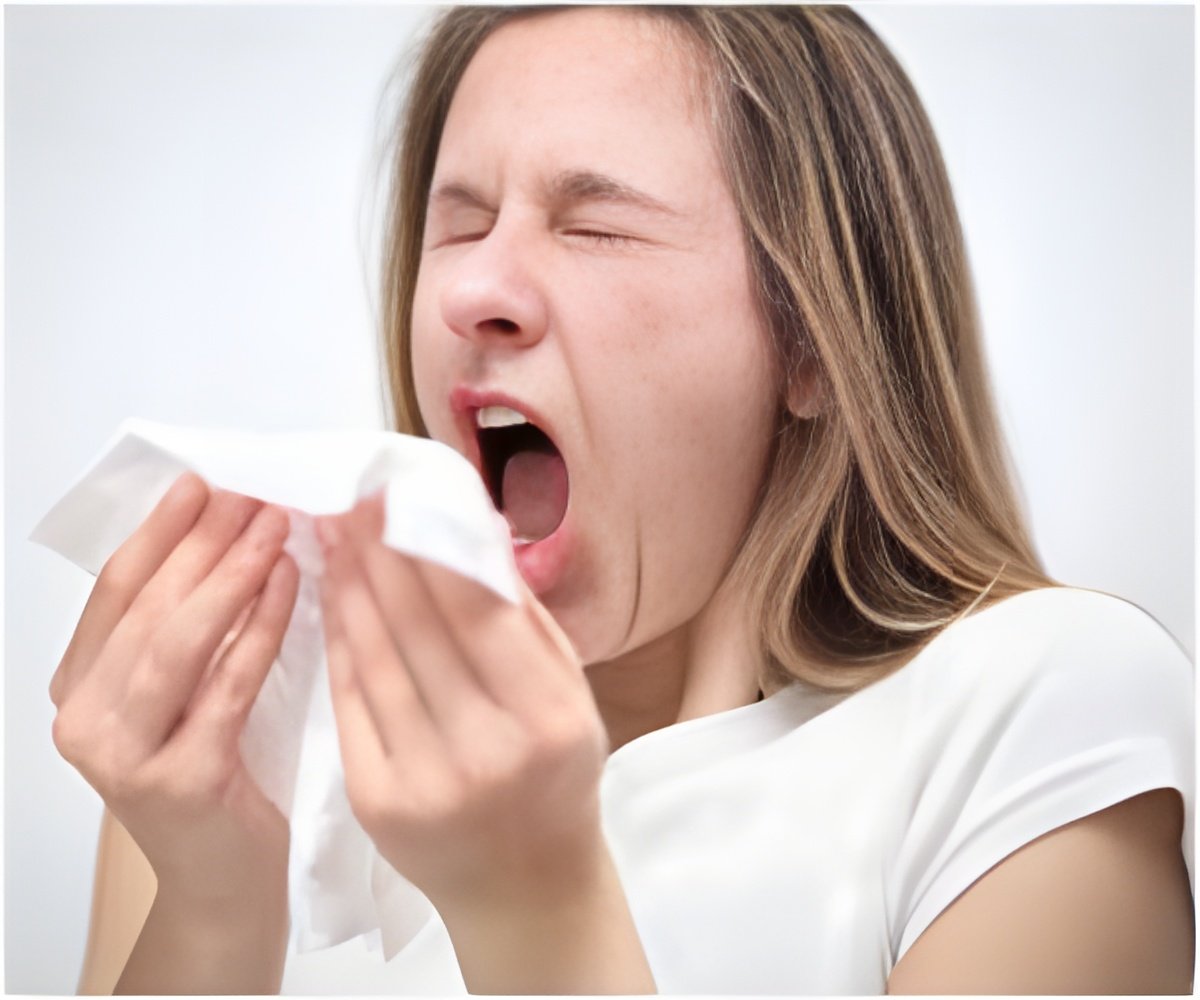A review published in the Canadian Medical Association Journal revealed how handwashing and zinc may prevent common cold, while acetaminophen and ibuprofen may help treat it

"Although self-limiting, the common cold is highly prevalent and may be debilitating. It causes declines in function and productivity at work and may affect other activities such as driving," write Drs. Michael Allan, Department of Family Medicine, University of Alberta, Edmonton, and Bruce Arroll, Department of General Practice and Primary Health Care, University of Auckland, New Zealand.
Colds are also costly. It is estimated that direct medical costs in the United States, including physician visits, secondary infections and medications for colds, were an estimated $17 billion a year in 1997. Indirect costs from missed work for illness or to look after a sick child were an estimated $25 billion per year.
Most colds are caused by viruses, with only about 5% of clinically diagnosed colds having a bacterial infection, yet antibiotics are sometimes used inappropriately for viral infections.
The review, aimed at physicians and patients, looked at available evidence for both traditional and nontraditional approaches for preventing and alleviating colds.
What works?
Advertisement
- Clean hands: a review of 67 randomized controlled trials (RCTs) indicated that handwashing, a traditional public health approach, as well as alcohol disinfectants and gloves, is likely effective.
- Zinc may work for children (and possibly adults) — at least 2 RCTs indicated that children who took 10 or 15 mg of zinc sulfate daily had lower rates of colds and fewer absences from school due to colds. The authors suggest that zinc may also work for adults.
- Probiotics: there is some evidence that probiotics may help prevent colds, although the types and combinations of organisms varied in the studies as did the formulations (pills, liquids, etc.), making comparison difficult.
Advertisement
- Antihistamines combined with decongestants and/or pain medications appear to be somewhat or moderately effective in treating colds in older children — but not in children under age 5 — and adults.
- Pain relievers: ibuprofen and acetaminophen help with pain and fever. Ibuprofen appears better for fever in children.
- Nasal sprays: ipratropium, a drug used to treat allergies and chronic obstructive pulmonary disorder, may alleviate runny nose when used in a nasal spray but has no effect on congestion.
Other approaches and treatments
According to the evidence, the benefits of frequently used remedies such as ginseng, (found in ColdFX), gargling, vapour rubs and homeopathy are unclear. Cough medicines show no benefit in children but may offer slight benefit in adults. Honey has a slight effect in relieving cough symptoms in children over age 1. Vitamin C and antibiotics show no benefit, and misused antibiotics can have associated harms.
The authors note that the evidence for preventing and treating colds is often of poor quality and has inconsistent results.
"Much more evidence now exists in this area, but many uncertainties remain regarding interventions to prevent and treat the common cold," write the authors. "We focused on RCTs and systematic reviews and meta-analyses of RCTs for therapy, but few of the studies had a low risk of bias. However, many of the results were inconsistent and had small effects (e.g., vitamin C), which arouses suspicion that any noted benefit may represent bias rather than a true effect."
Source-Eurekalert








